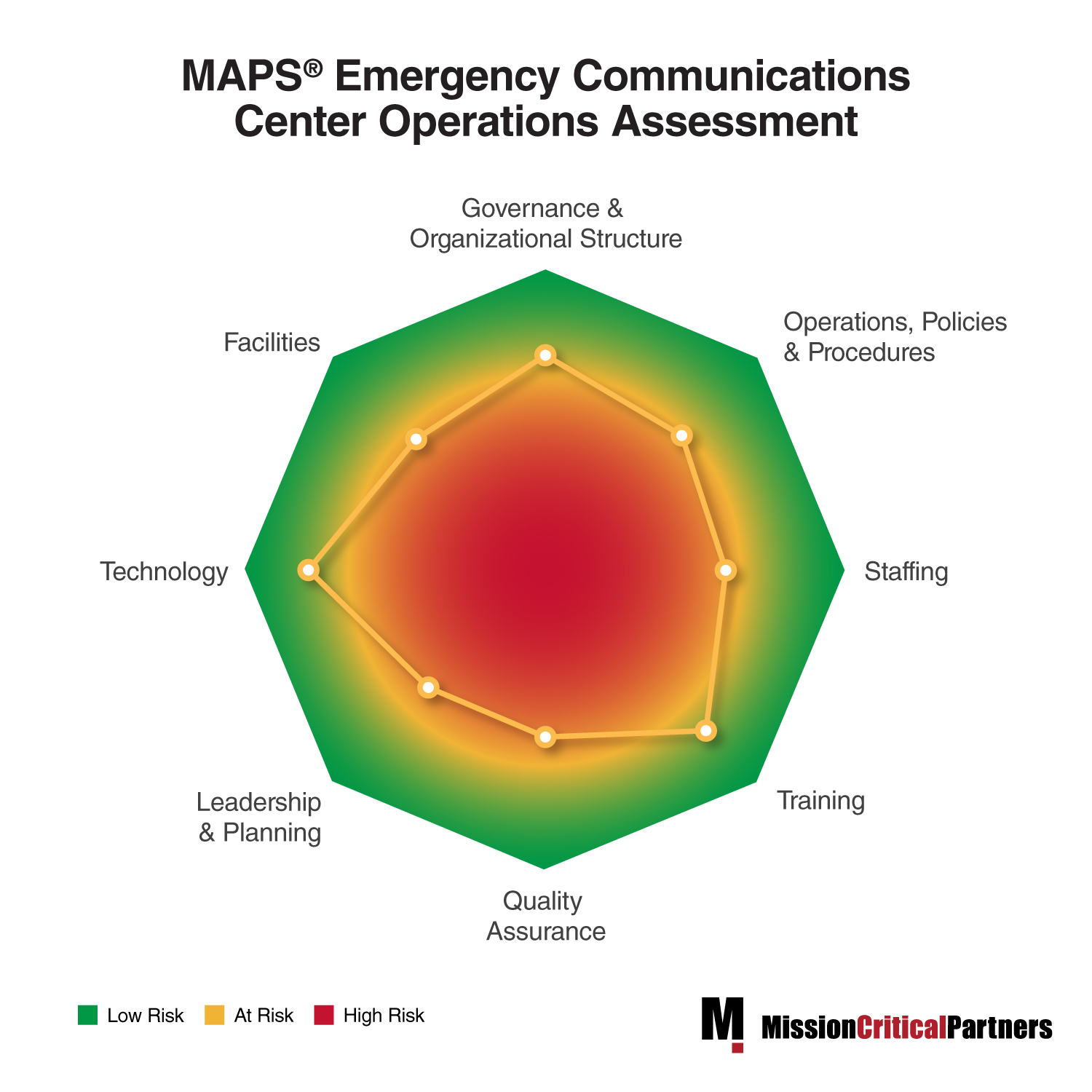MCP in the News: States need boost for 911 networks and staffing, analysts say
This article originally appeared in StateScoop on November 23, 2021 and can be viewed here.
Emergency call centers across the nation are "doing a good job" upgrading to modern technology compatible with next-generation 911, but the core infrastructure backing those systems needs a boost, according to a recent analysis from the public-safety consulting firm Mission Critical Partners.









.jpg)

